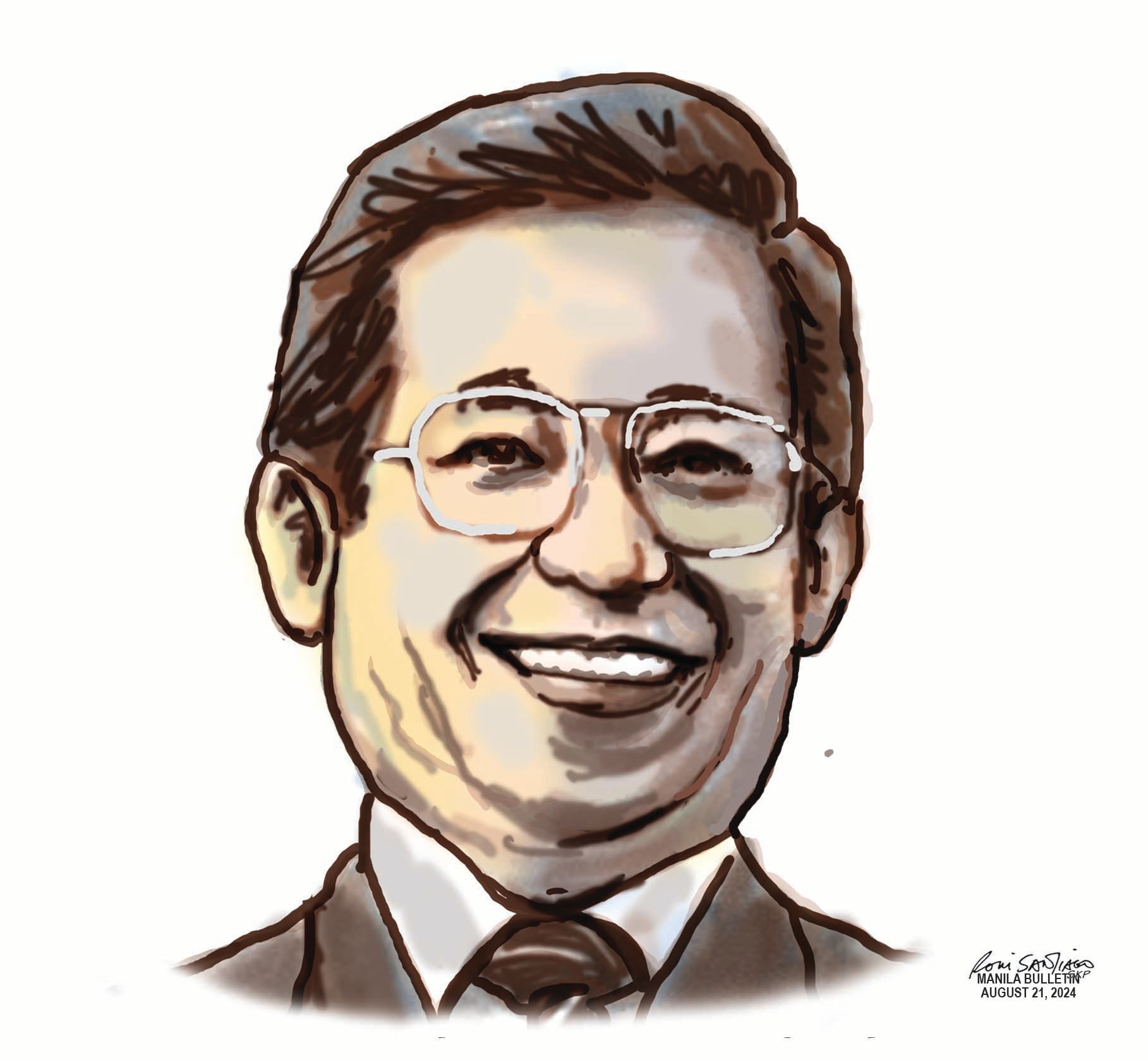
Today, Aug. 21, the country commemorates Benigno “Ninoy” Aquino Day to honor the life and legacy of a man whose unwavering commitment to democracy and freedom left an indelible mark on the nation. Ninoy Aquino’s ultimate sacrifice in promoting democracy and fighting for freedom continues to inspire generations of Filipinos.
His fearless opposition to authoritarian rule even in the face of incarceration and exile, showcased his dedication to democratic principles. Aquino’s return to the country on Aug. 21, 1983, even in the face of imminent danger, was a testament to his courage and love for the country. Tragically, he was assassinated upon arrival, a moment that shocked the nation and the world.
Aquino’s death became a catalyst for change. It ignited a wave of protests and civil disobedience that culminated in what is known as the People Power — a bloodless revolution in 1986 that led to the ouster of the then President Ferdinand E. Marcos. His sacrifice underscored the power of collective action and the enduring spirit of the Filipino people.
Beyond his political contributions, Ninoy Aquino’s life story is a source of inspiration. His resilience in the face of adversity, his eloquence in articulating the aspirations of the Filipino people, and his unwavering belief in the power of democracy resonate deeply. Aquino’s famous words, “The Filipino is worth dying for,” encapsulate his profound love for his country and his belief in its potential.
Ninoy Aquino Day serves as a poignant reminder of the sacrifices made for freedom and democracy. It is a day for reflection, a time to honor the memory of a man who gave his life for the ideals he held dear.
As we remember Ninoy Aquino, let us commit ourselves to upholding the democratic values he fought for and strive to build a nation that embodies the principles of justice, equality, and freedom. This could be done by continuing his legacy that involves embracing and promoting the values he stood for — democracy, freedom, and social justice.
His memory may be honored and his cause furthered through active participation in democratic processes by exercising the privilege to vote, staying informed about political issues, and holding leaders accountable.
Promoting human rights is another way of honoring and continuing his legacy. This could be done by standing up against injustices and supporting initiatives that protect and promote human rights, including advocating for marginalized communities and ensuring that everyone’s voice is heard.
Educating ourselves and our countrymen about the country’s history — its struggles for democracy and freedom is yet another way of taking cognizance of his legacy. Understanding the past helps us appreciate the present and work toward a better future.
We could also honor Ninoy Aquino by advocating for change through non-violent means. He set an example by leading peaceful protests and emphasizing dialogue and cooperation.
Encouraging the younger generation to be active participants in shaping the future is another way of continuing his legacy. Share Ninoy’s story and values with them to inspire a new wave of leaders committed to democracy and justice.
By embodying these principles in our daily lives, we can keep Ninoy Aquino’s legacy alive and continue to build a nation that upholds the ideals he fought for.
In celebrating Ninoy Aquino Day, we are paying tribute to a hero and reaffirming our collective commitment to the democratic ideals that define us as a people. Aquino’s legacy lives on in the hearts of Filipinos, inspiring us to continue the fight for a better, more just society.